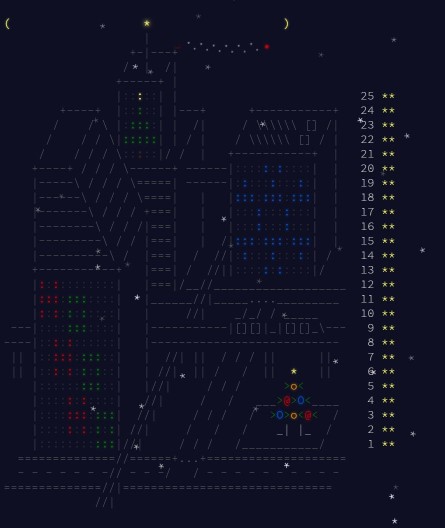Hi.
It is easy to receive JSON representation or dynamic Array from %ListOfDataTypes:
set l=##class(%ListOfDataTypes).%New()
do l.Insert("a")
do l.Insert("b")
do l.Insert("c")
set arrStr=l.$toJSON()
zwrite arrStr
set arr=l.$compose([])
zwrite arr
How to make backward conversion? How to receive %ListOfDataTypes from dynamic Array an JSON string?
I've tried

